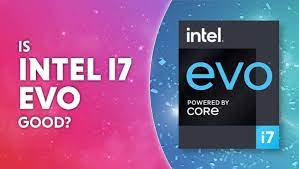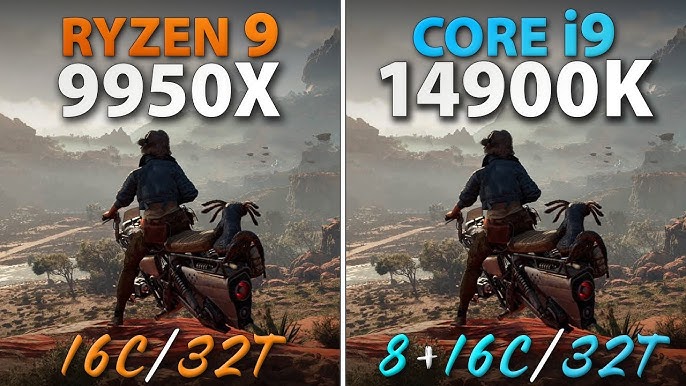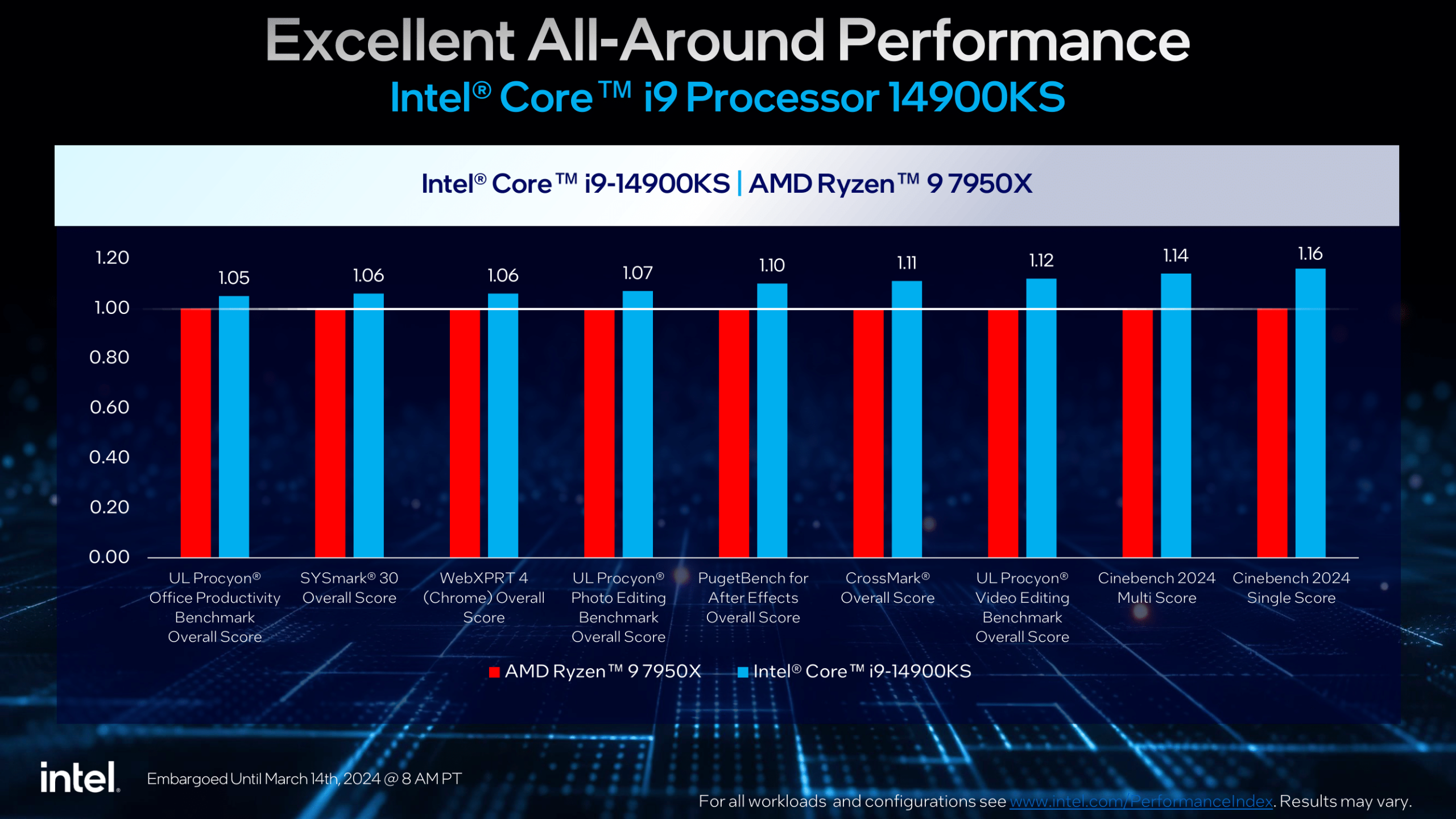The Battle: Intel Evo vs. Core – Which Reigns Supreme?
In the world of modern computing, processors play a crucial role in determining the performance and capabilities of a device. Two prominent contenders in the processor market are Intel Evo and Core series processors. The ongoing debate surrounding their performance and features has left many users wondering which one reigns supreme. In this article, we will delve into the details of Intel Evo and Core processors, comparing their key features, performance, efficiency, and user experiences.
Intel Evo

Intel Evo processors are designed to deliver a premium computing experience. They are optimized for thin and light laptops, offering exceptional performance and efficiency. One of the key features of Intel Evo processors is their ability to deliver instant responsiveness, enabling users to quickly launch applications and multitask seamlessly.
Intel Evo processors also excel in power efficiency, allowing for extended battery life. This is particularly beneficial for users who are constantly on the go and need their devices to last throughout the day. Additionally, Intel Evo processors are designed to optimize thermal management, ensuring that the device remains cool even during intensive tasks.
When it comes to design and form factor, Intel Evo processors are tailored for slim and lightweight devices. They offer a sleek and portable experience, making them ideal for professionals and students who value mobility. The compatibility and connectivity options of Intel Evo processors are also noteworthy, with support for various software and hardware configurations.
Real-world case studies and user experiences have demonstrated the positive impact of Intel Evo processors on productivity, creativity, and overall user satisfaction. Many users have praised the seamless performance, long battery life, and impressive graphics capabilities offered by Intel Evo processors.
The Power of Core Processors
Core processors, a long-standing staple in the processor market, have a loyal following for their robust performance and multitasking capabilities. Core processors are known for their ability to handle resource-intensive tasks and provide a smooth gaming experience.
One of the key features of Core processors is their performance benchmark, which consistently delivers impressive results. Whether it’s running demanding software or handling multiple applications simultaneously, Core processors excel in delivering high-speed performance without compromising on efficiency.
Core processors also offer the flexibility of overclocking and customization, allowing users to push their devices to the limit. This feature is particularly appealing to gamers and enthusiasts who want to extract every ounce of performance from their systems. However, it’s important to note that overclocking may come with certain risks and should be done with caution.
Graphics and multimedia capabilities are another area where Core processors shine. With integrated graphics options, Core processors can handle tasks such as video editing, multimedia rendering, and gaming. The powerful graphics capabilities ensure smooth playback, realistic visuals, and an immersive gaming experience.
Real-world case studies and user experiences have shown that Core processors deliver exceptional gaming performance, enhance content creation workflows, and provide an overall satisfying user experience. Users have praised the seamless multitasking capabilities, graphics performance, and reliability of Core processors.
Comparing Intel Evo and Core
When it comes to comparing Intel Evo and Core processors, several factors come into play. Performance and efficiency are crucial considerations. Intel Evo processors offer impressive performance benchmarks and power efficiency, making them ideal for users who prioritize a balance between power and battery life. Core processors, on the other hand, excel in raw performance and multitasking capabilities, making them suitable for resource-intensive tasks and gaming.
The target audience and use cases also differ between Intel Evo and Core processors. Intel Evo processors are tailored for professionals, students, and users who prioritize portability and productivity. They are ideal for tasks such as web browsing, content creation, and everyday computing. Core processors, on the other hand, are popular among gamers, enthusiasts, and users who require high-performance computing for tasks like gaming, video editing, and 3D rendering.
Pricing is another important factor to consider. Intel Evo processors are typically found in premium devices, which may come at a higher price point. However, the long-term value, power efficiency, and enhanced user experience they offer can justify the investment. Core processors, on the other hand, offer a range of options at various price points, catering to different budgets and needs.
Looking towards the future, both Intel Evo and Core processors are expected to continue evolving. Intel Evo processors will likely see advancements in power efficiency, connectivity, and compatibility. Core processors, on the other hand, may focus on improving graphics capabilities, overclocking potential, and overall performance. Users should consider their specific requirements and future needs when choosing between the two.
FAQs
Q: What are the key features of Intel Evo processors?
A: Intel Evo processors offer instant responsiveness, power efficiency, sleek design, and enhanced connectivity options.
Q: Are Core processors suitable for gaming?
A: Yes, Core processors excel in gaming performance and multitasking capabilities, making them a popular choice among gamers.
Q: Can I overclock Intel Evo processors?
A: Intel Evo processors are not typically designed for overclocking, as they prioritize power efficiency and thermal management.
Q: Are Intel Evo processors more expensive than Core processors?
A: Intel Evo processors are often found in premium devices, which may come at a higher price point compared to Core processors.
Q: Which processor series is better for content creation?
A: Both Intel Evo and Core processors offer capabilities for content creation, but Core processors are generally more suitable for resource-intensive tasks like video editing and rendering.
Conclusion
In the battle of Intel Evo vs. Core processors, both have their strengths and cater to different user needs. Intel Evo processors excel in power efficiency, portability, and everyday computing tasks, while Core processors offer raw performance, multitasking capabilities, and gaming prowess. Users need to consider their specific requirements, such as portability, performance, and budget, when making a decision. By understanding the key features, performance benchmarks, and user experiences of both Intel Evo and Core processors, users can make an informed choice that aligns with their computing needs and priorities.




